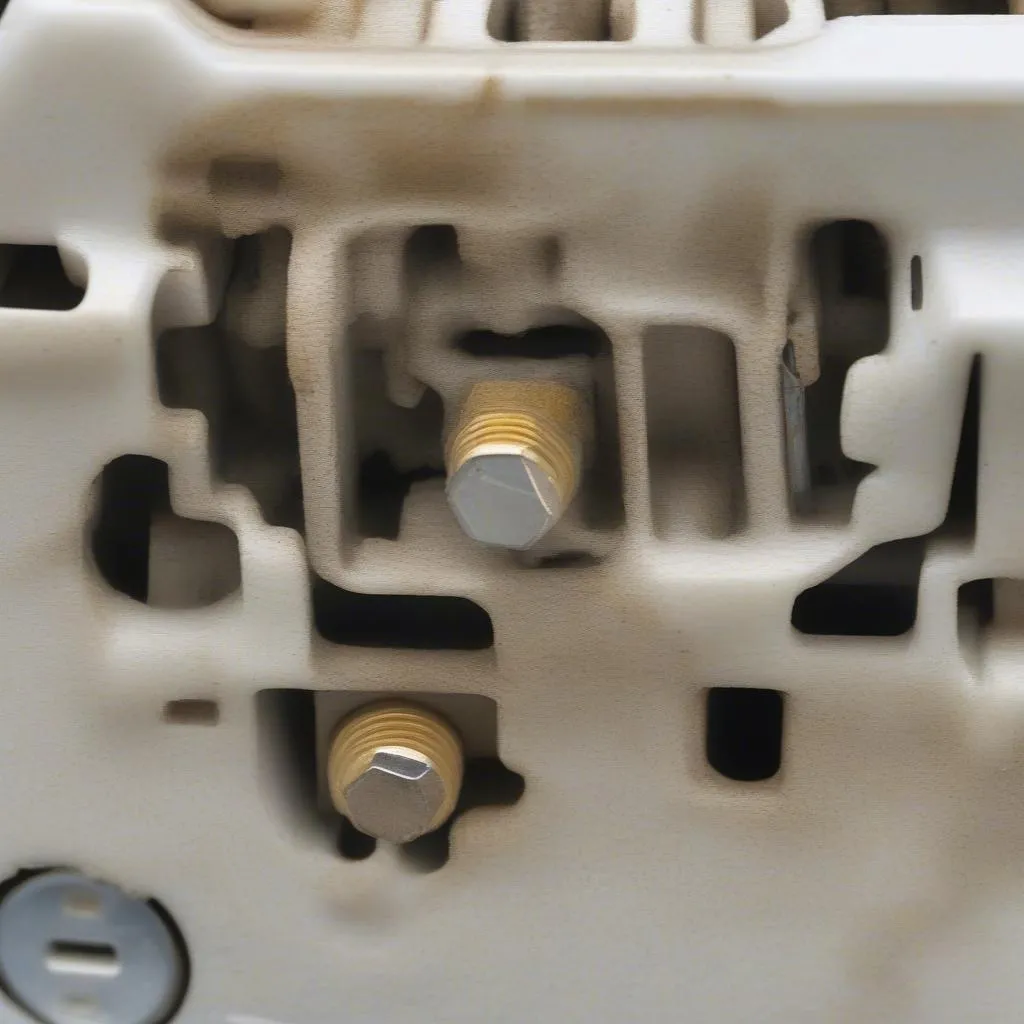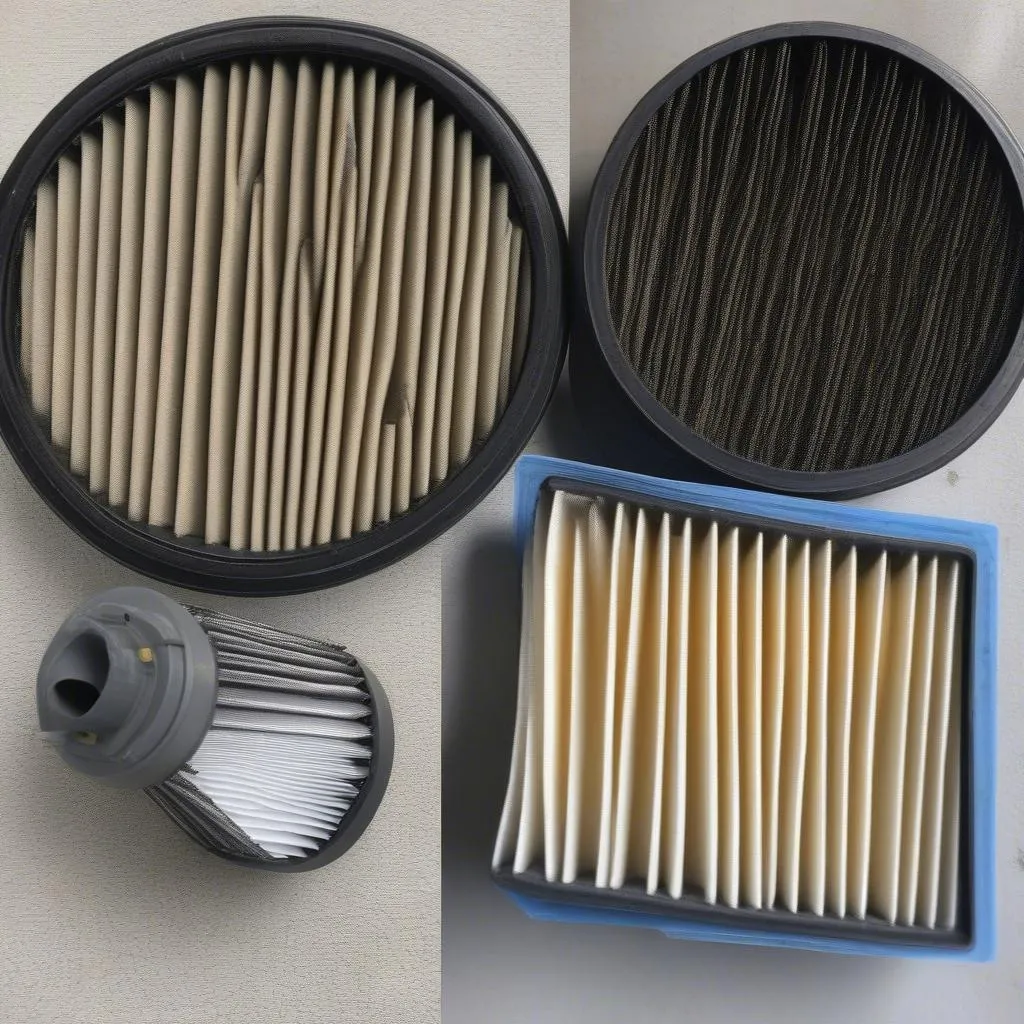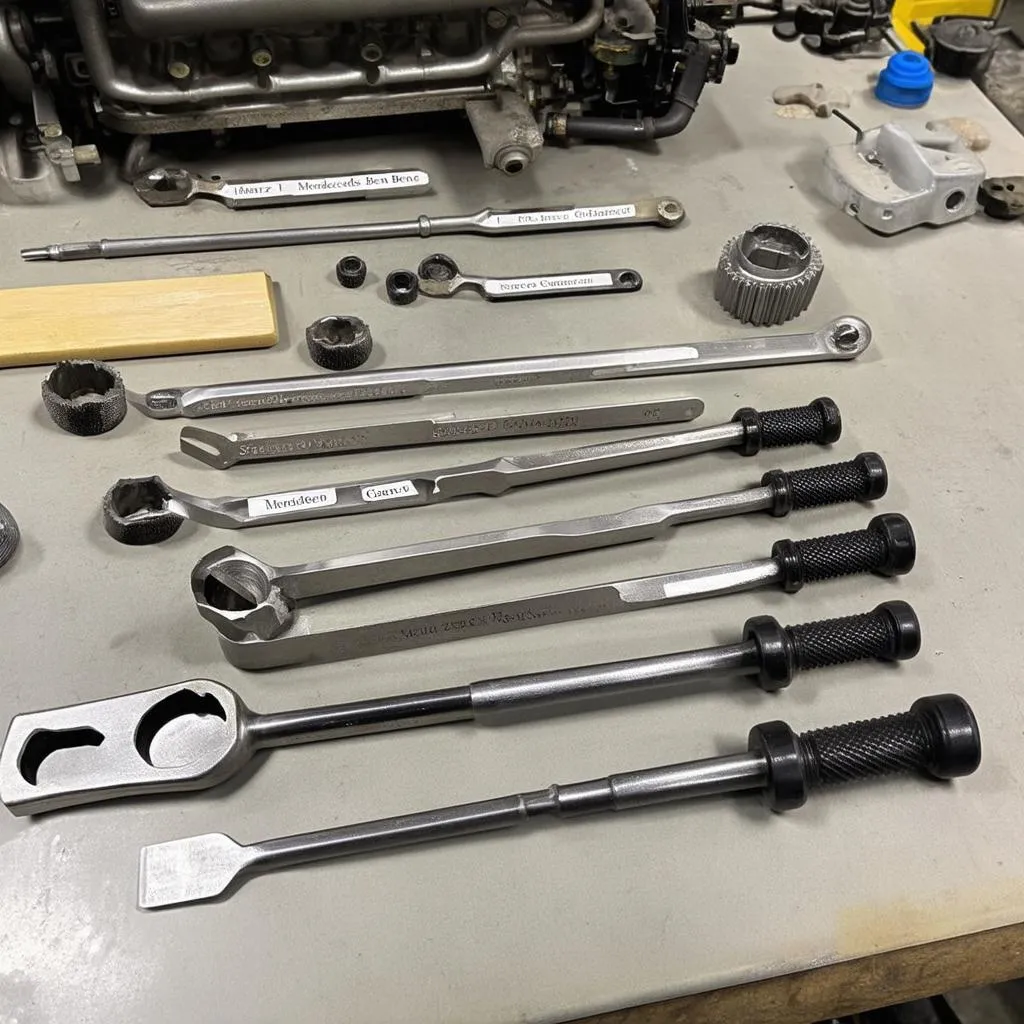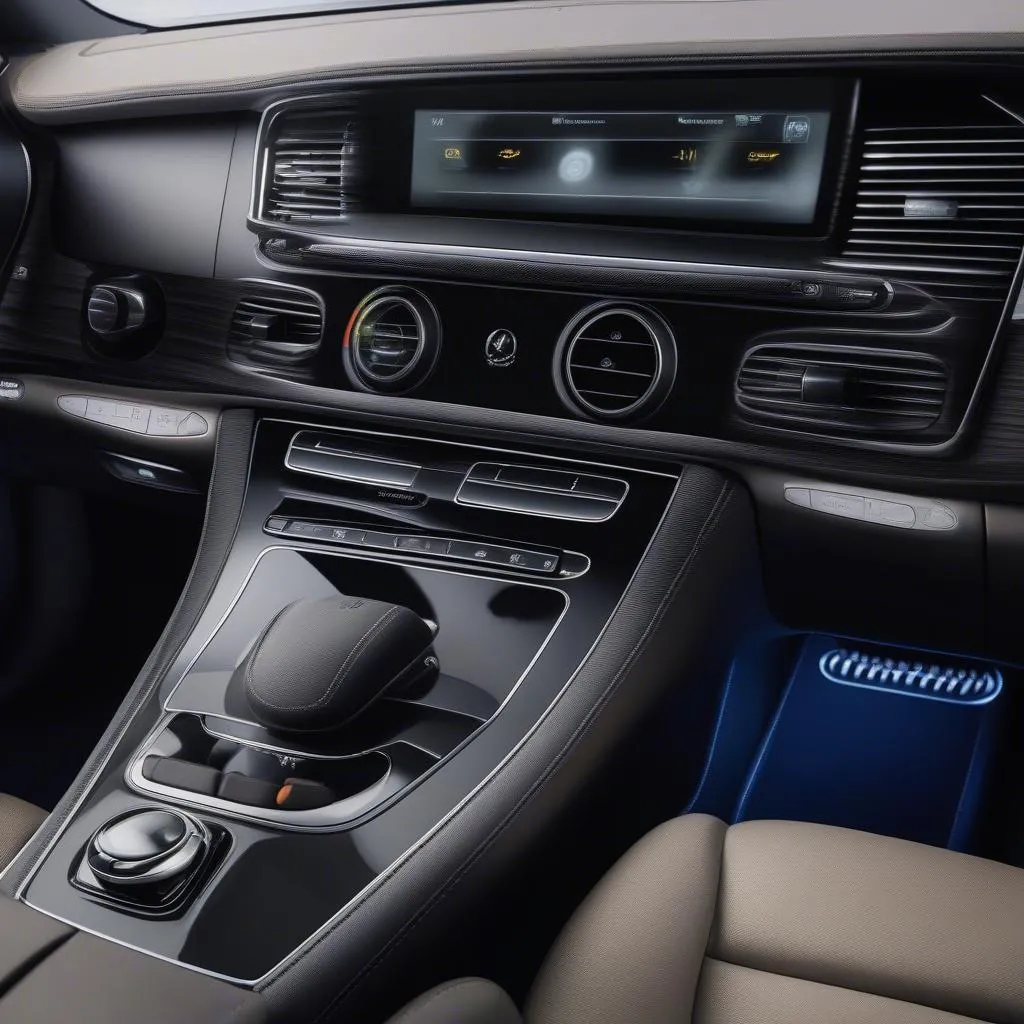Owning a Mercedes Benz is a dream come true for many. The sleek design, powerful engine, and luxurious interior make it a statement on the road. But even the most well-maintained vehicles can run into problems. If you’re thinking, “Fix my Mercedes Benz,” this guide will provide some insights into common issues and how to address them.
Understanding the “Check Engine” Light
One of the most common and frustrating experiences for any car owner is seeing the “Check Engine” light illuminate on the dashboard. On a Mercedes Benz, this light could signify a range of issues, from a loose gas cap to a more serious engine problem.
“Ignoring the ‘Check Engine’ light is like ignoring a fever,” says automotive expert John Miller, author of “Modern Automotive Diagnostics.” “It might be a minor issue, or it could be a sign of something more serious that needs immediate attention.”
Common Causes of “Check Engine” Light in Mercedes Benz:
- Oxygen Sensor Issues: A faulty oxygen sensor can disrupt the air-fuel mixture, leading to reduced fuel efficiency and potential engine damage.
- Mass Air Flow Sensor Malfunction: This sensor measures the amount of air entering the engine. A malfunctioning sensor can confuse the engine control unit, leading to poor performance.
- Spark Plug Problems: Worn-out spark plugs can cause misfires, reducing engine power and fuel economy.
- Catalytic Converter Failure: This component reduces harmful emissions. A failing catalytic converter can significantly impact engine performance and is an expensive repair.
 Mercedes Check Engine Light
Mercedes Check Engine Light
Diagnosing the Problem:
While some issues might be evident through physical symptoms like strange noises or smells, many require a diagnostic tool. A professional-grade OBD-II scanner can read the error codes stored in your car’s computer, giving you a clearer picture of the problem.
Common Mercedes Benz Problems and DIY Fixes
Some problems can be addressed with basic DIY knowledge before rushing to a mechanic. Here are a few examples:
1. Battery Problems: If you’re experiencing a dead battery, it could be due to a faulty alternator, old battery, or a parasitic drain.
- DIY Solution: Start by checking the battery terminals for corrosion. Cleaning them with a baking soda and water solution might help. If the battery is old, consider replacing it.
 Car Battery Corrosion
Car Battery Corrosion
2. Brake Issues: Squealing or grinding noises when braking are usually a sign of worn-out brake pads.
- DIY Solution: While replacing brake pads is best left to professionals, you can visually inspect them for wear. If they seem thin, it’s time for a replacement. You can find a detailed guide on Mercedes-Benz brake service here: [link to https://cardiagtech.com/how-to-fix-brake-service-mercedes-benz/ with text “Mercedes-Benz brake service”].
3. Air Filter Replacement: A dirty air filter restricts airflow to the engine, affecting performance.
- DIY Solution: Locating and replacing the air filter is a relatively simple task. Consult your owner’s manual for the location and instructions.
 Dirty Car Air Filter
Dirty Car Air Filter
When to Seek Professional Help
While some fixes can be done at home, it’s essential to recognize when professional help is needed. For complex issues involving the engine, transmission, or electrical system, taking your Mercedes Benz to a qualified mechanic is crucial.
“Attempting complex repairs without proper knowledge and tools can lead to further damage and costlier repairs down the line,” warns Sarah Thompson, a certified Mercedes-Benz technician with over 15 years of experience.
FAQs about Fixing Your Mercedes Benz
Q: Are Mercedes Benz expensive to fix?
A: Mercedes Benz vehicles are known for their high-quality parts, which can be more expensive than those of other brands. However, regular maintenance can prevent many costly repairs. Learn more about the cost of Mercedes Benz repairs here: [link to https://cardiagtech.com/mercedes-benz-expensive-to-fix/ with text “Mercedes-Benz expensive to fix”].
Q: How can I find a reliable mechanic for my Mercedes Benz?
A: Look for specialized Mercedes Benz repair shops or certified mechanics with experience working on your specific model. Reading online reviews and asking for recommendations from other Mercedes Benz owners can be helpful.
Q: Can I use aftermarket parts to fix my Mercedes Benz?
A: While aftermarket parts are often cheaper, using genuine Mercedes Benz parts is recommended to ensure quality, compatibility, and longevity.
Conclusion
Keeping your Mercedes Benz in top shape involves understanding common issues and taking appropriate action. While some fixes are possible with DIY knowledge, seeking professional help is crucial for complex problems. Remember, regular maintenance and timely repairs are investments in your car’s performance, longevity, and your peace of mind.
To diagnose your car’s problems efficiently, consider using CARDIAGTECH’s range of professional-grade OBD-II scanners. Our devices provide accurate error code readings and valuable insights to help you understand your car better.


